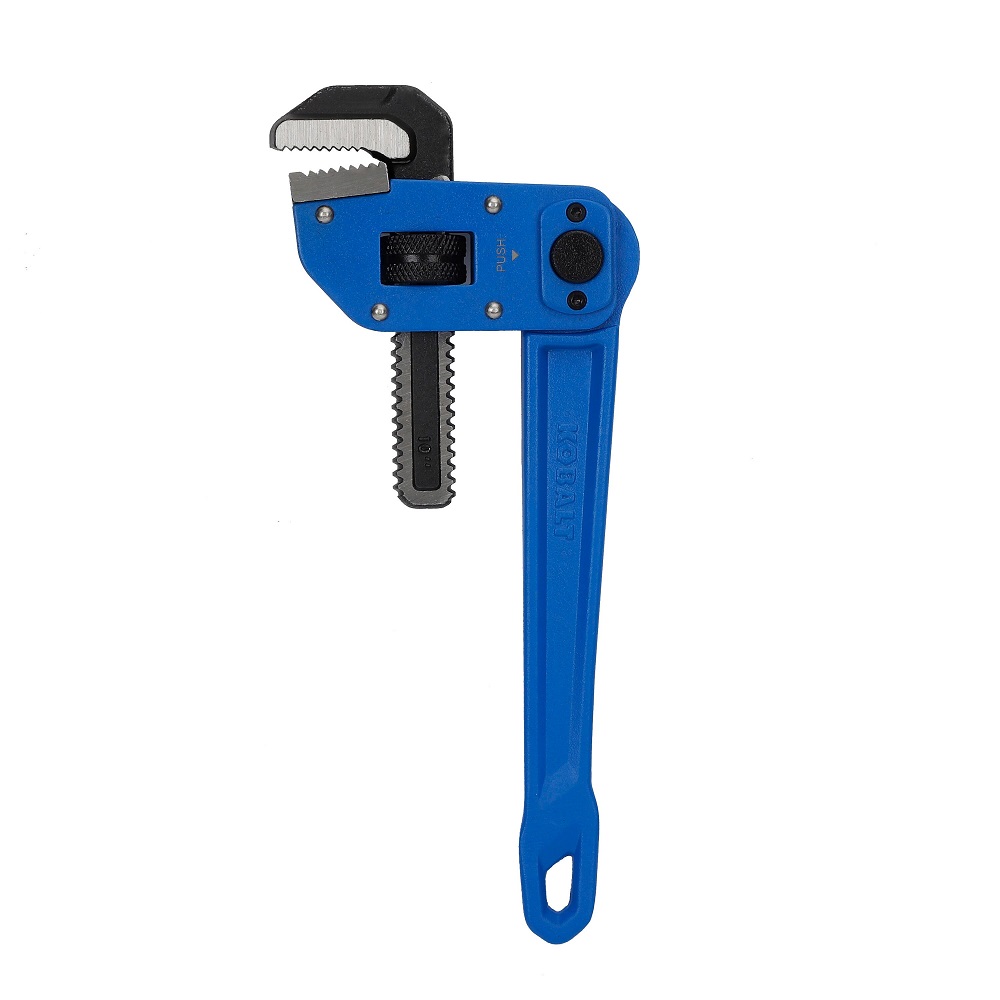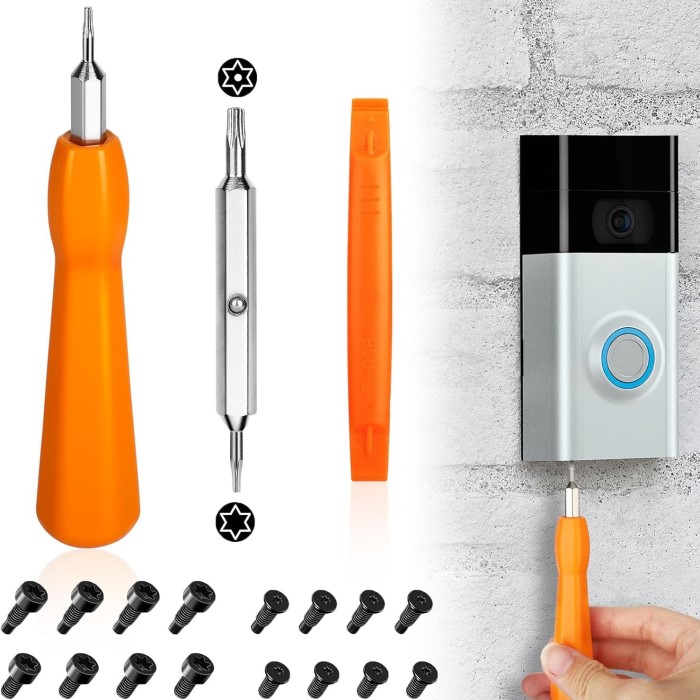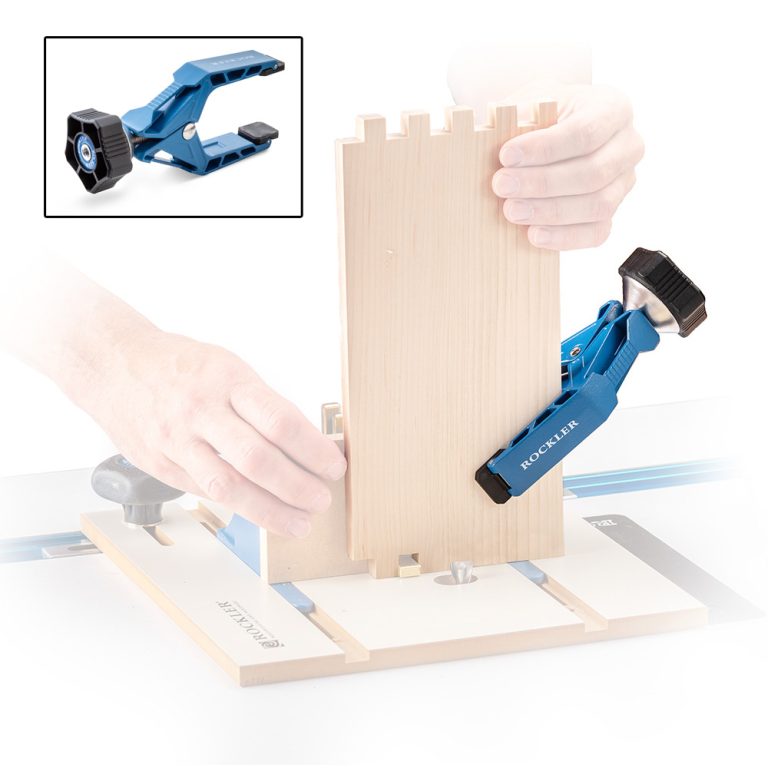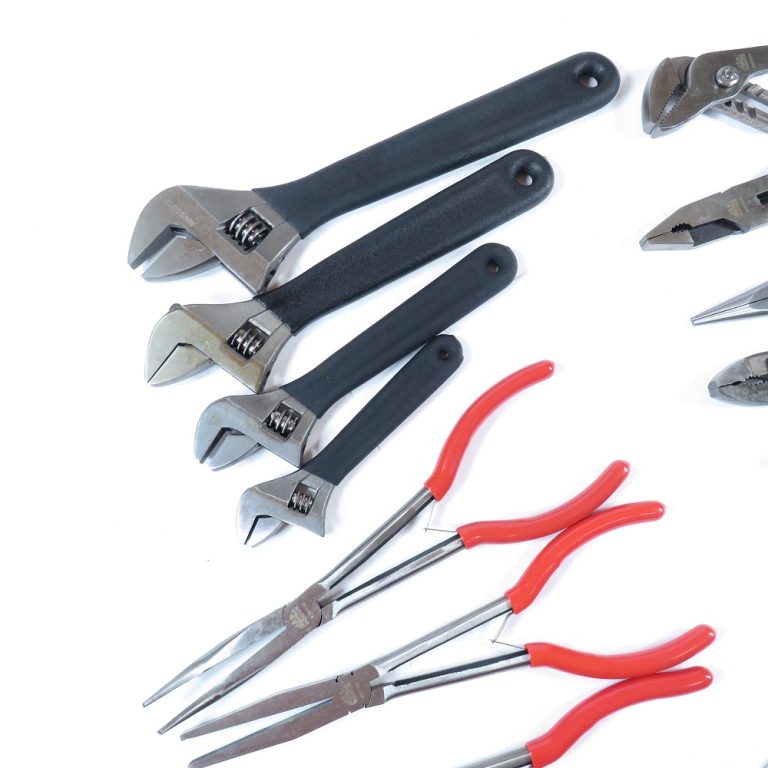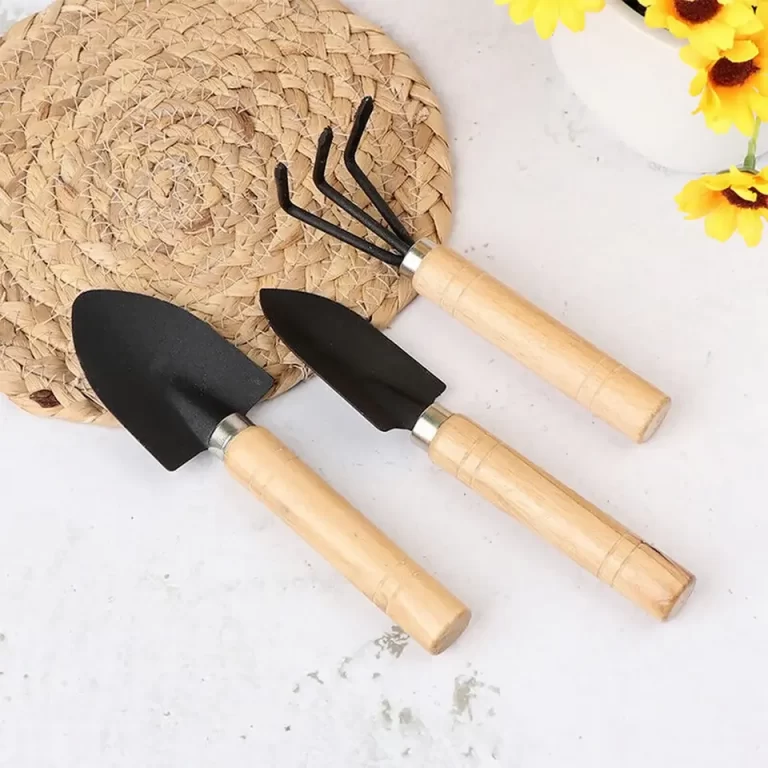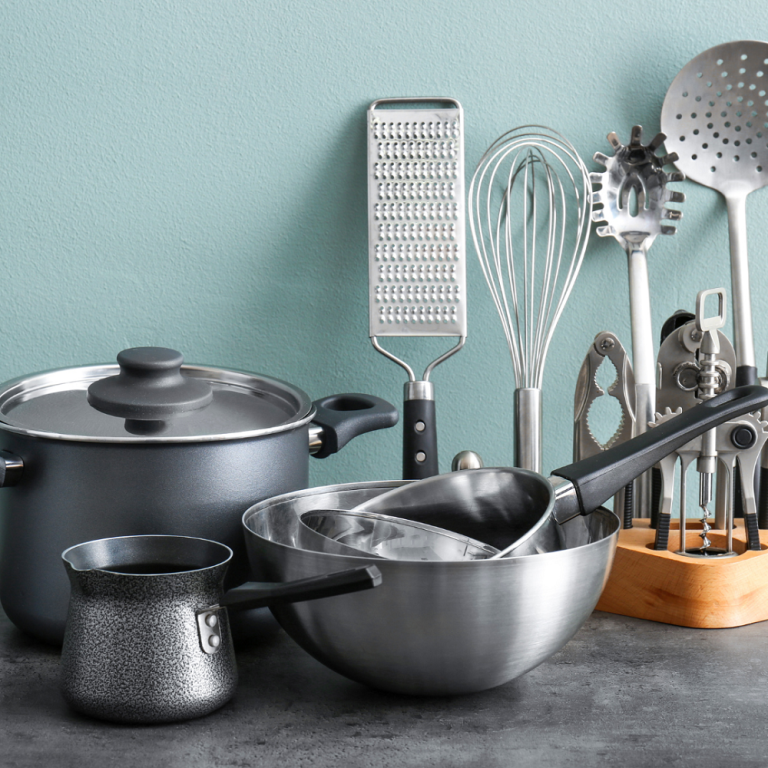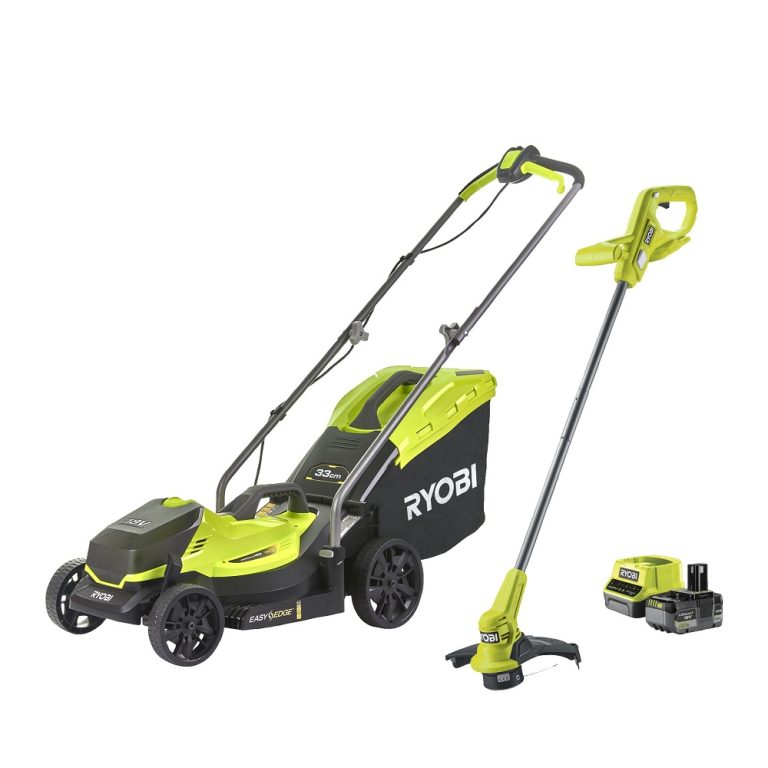Plumbing is a crucial aspect of home maintenance that often goes unnoticed until a problem arises. Whether it’s fixing a leaky faucet or installing a new sink, having the right plumbing tools can make these tasks much easier. With a wide variety of tools available, it can be overwhelming to choose the appropriate ones for specific projects. This article serves as a comprehensive guide to selecting plumbing tools, ensuring that you are well-equipped for any task.
Understanding the Basics of Plumbing Tools
Common Plumbing Tools
Before diving into tips for choosing plumbing tools, it’s essential to understand the common tools used in plumbing work. Some of the most basic tools include wrenches, pliers, pipe cutters, and plungers. Each of these tools serves a specific purpose, making them essential for any plumbing project. For example, you use wrenches to loosen and tighten fittings, while you use pipe cutters to make clean cuts in pipes. Understanding the functions of these tools will help you build a practical toolkit.
Specialized Tools
In addition to the basic tools, there are also specialized tools that can enhance your plumbing efforts. For instance, a plumber’s snake is invaluable for clearing clogged drains, while a basin wrench is ideal for working in tight spaces beneath sinks. These specialized tools may not be necessary for every homeowner but can be crucial for specific tasks. Assessing your needs and common plumbing issues in your home will help you determine if investing in specialized tools is worthwhile.
Tool Quality and Durability
When purchasing plumbing tools, the quality and durability of the tools should always be a priority. Cheap tools may save you money initially but often wear out quickly and may not perform as intended. High-quality tools often come from reputable brands known for their performance and reliability. Investing in top-notch tools can save you money in the long run, as they will not need to be replaced frequently. Moreover, quality tools tend to have better ergonomic designs, which makes them easier to use and reduces fatigue during projects.
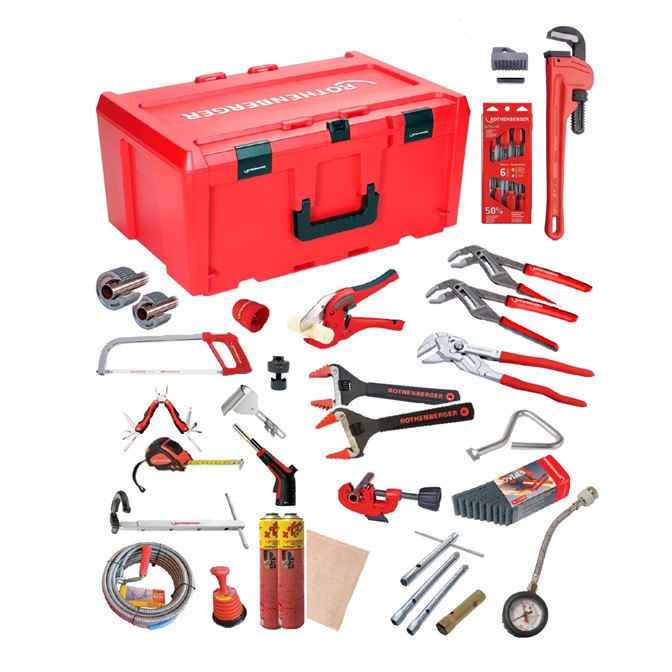
Tips for Choosing Essential Plumbing Tool
Assessing Your Plumbing Needs
Before purchasing tools, assess your specific plumbing needs. Consider the types of projects you are likely to undertake. For example, if you plan to do basic repairs like fixing leaks or installing fixtures, a good set of wrenches, pliers, and a pipe cutter may suffice. However, if you’re tackling more extensive projects such as installing new plumbing systems, you may need a larger variety of tools. Identifying your needs helps in making informed decisions that simplify your tool selection process.
Understanding Different Tool Types
It is essential to understand the different types of plumbing tools available. As mentioned, wrenches come in various forms, including adjustable wrenches, basin wrenches, and pipe wrenches. Each type serves a unique purpose and is designed for specific tasks. Pliers also come in various styles, such as slip-joint pliers, tongue-and-groove pliers, and drain pliers. Understanding the distinctions between these tools will enable you to select the right ones for your projects effectively.
Reading Reviews and Asking for Recommendations
Before purchasing plumbing tools, consider reading reviews or seeking recommendations from professionals or experienced DIYers. Many online resources provide insights into the performance and reliability of specific tools. Pay attention to ratings and comments, as these can highlight strengths or weaknesses you may not have considered. Also, engaging with local plumbing professionals can provide practical advice on tool selection based on their experiences. This research process will help you make an informed decision about which tools are best suited for your needs.
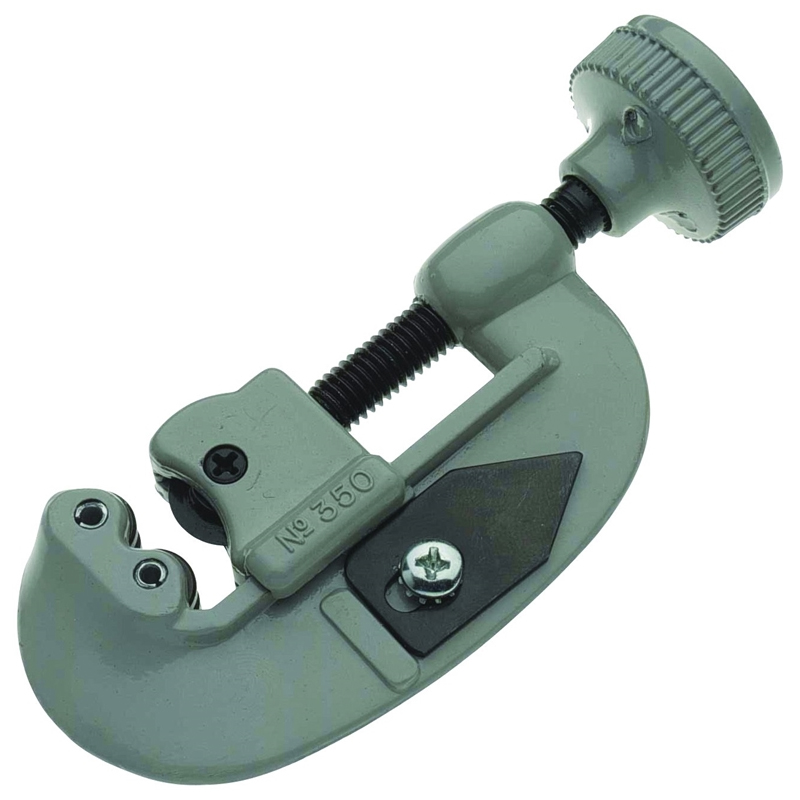
Essential Plumbing Tools Every DIYer Should Have
Pipe Wrench
A pipe wrench is one of the essential tools for any plumbing project. It is designed to grip and turn cylindrical objects, making it perfect for working with pipes and fittings. Pipe wrenches come in various sizes, allowing you to choose one that suits your project needs. When selecting a pipe wrench, look for a model with a sturdy grip and a lightweight design. This tool can provide significant leverage, making it easier to loosen or tighten fittings.
Adjustable Wrench
An adjustable wrench is another invaluable tool for plumbing tasks. Unlike a pipe wrench, which is limited to round objects, an adjustable wrench can be used on nuts and bolts of different sizes. Its versatility makes it suitable for various projects, from tightening plumbing fittings to securing valves. Choose an adjustable wrench with a smooth, turning mechanism to make size adjustments easy and quick. This tool should be a staple in your plumbing toolbox.
Plumber’s Snake
A plumber’s snake, also known as a drain auger, is essential for clearing clogged drains. This tool consists of a long, flexible coil that can navigate through bends and curves in plumbing systems to remove blockages. Understanding how to use a plumber’s snake effectively is crucial to resolve issues with clogged pipes. When selecting one, consider the length and flexibility of the snake to ensure it can reach the desired depth in your drains.
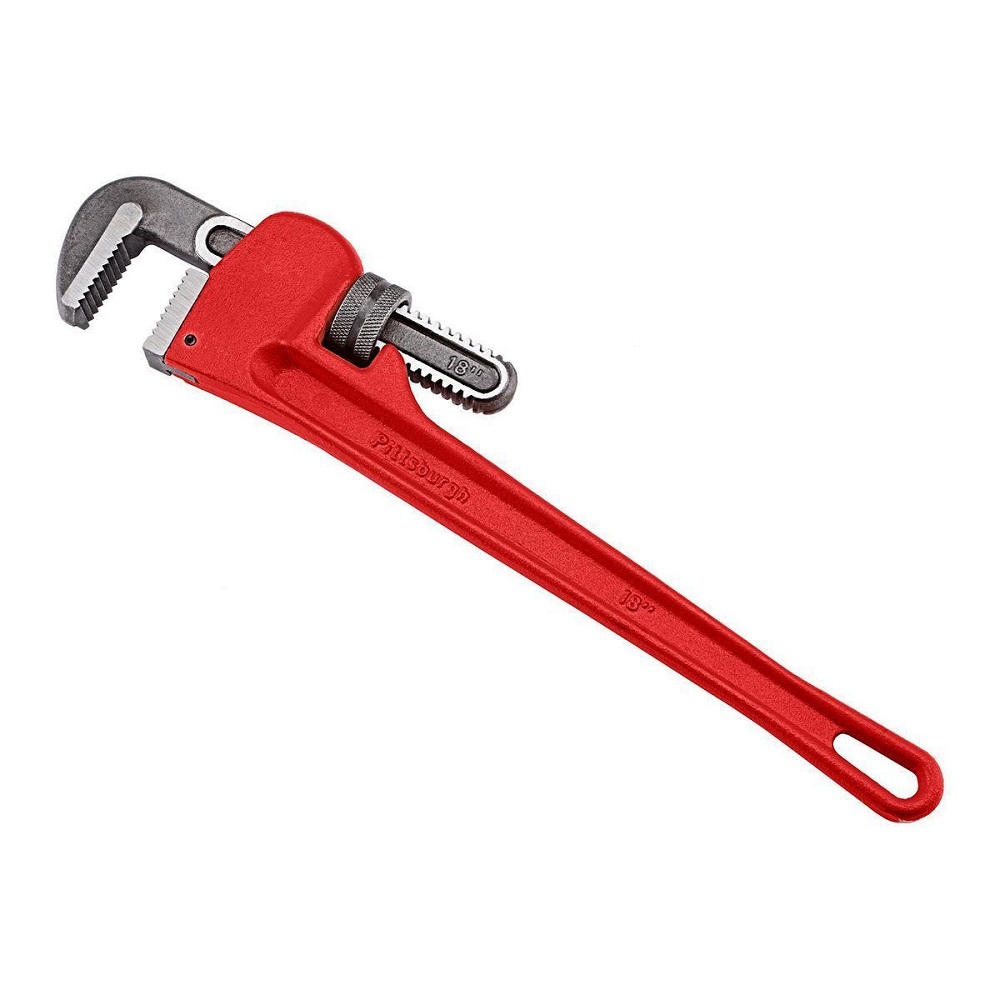
Maintaining Your Plumbing Tool
Regular Cleaning
Maintaining your plumbing tools is crucial for their longevity and performance. After each use, take the time to clean them thoroughly. Removing dirt, grease, and grime will prevent corrosion and reduce wear. Use warm soapy water and a soft cloth to clean tools, ensuring they are completely dry before storing them. If tools have been exposed to rust, you should consider using rust remover to treat the affected areas and restore their functionality.
Proper Storage
Proper storage is essential for protecting your plumbing tools. Store them in a cool, dry place, ideally in a toolbox or on a pegboard where they are easily accessible. Keeping tools organized helps prevent loss and damage, ensuring that you can find what you need quickly when starting a new project. Consider using tool organizers designed for specific types of tools, allowing you to keep everything efficiently arranged and ready for use.
Conducting Routine Inspections
Regular inspections of your plumbing tools can help identify signs of wear or damage before they lead to more significant issues. Look for signs of rust on metal parts, cracks in plastic components, or dull blades on cutting tools. Promptly addressing these concerns will prolong the life of your tools, saving you money in the long run. If a tool is beyond repair, replace it to ensure you are always prepared for any plumbing task.
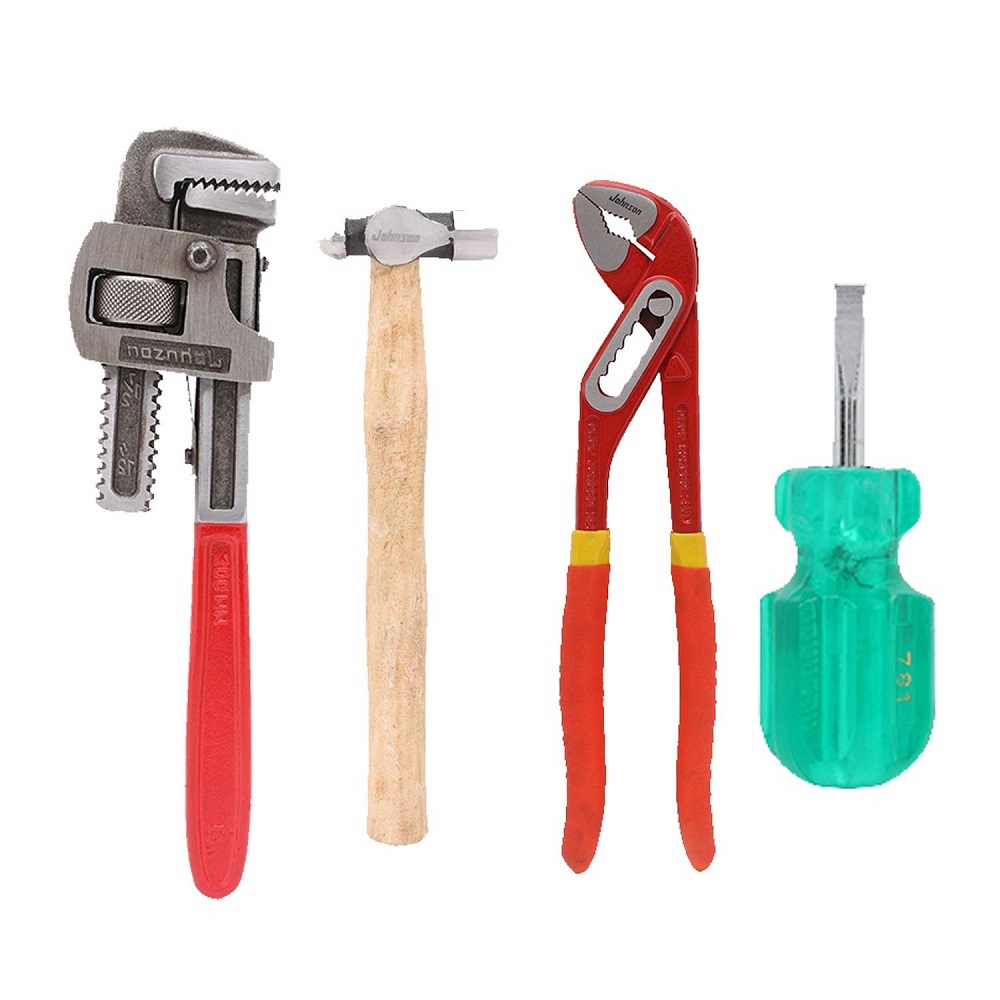
Common Mistakes to Avoid
Focusing Solely on Price
While budget is always a concern when shopping for tools, focusing solely on price can lead to poor selections. Cheap tools may be more accessible but often lack the durability and functionality necessary for successful plumbing projects. Instead, consider the overall value of the tools, including their quality and longevity. Investing in reliable tools will pay off over time, providing both comfort and efficiency in your projects.
Not Familiarizing Yourself with Tools
Another common mistake is neglecting to familiarize yourself with the tools you purchase. Each tool is designed with a purpose, and understanding how to use them effectively is critical. Spend time reading the user manuals or watching instructional videos to learn how to operate them safely. Becoming familiar with your tools will boost your confidence when tackling projects and prevent accidents due to misuse.
Skipping Safety Gear
Safety should always be a top priority during plumbing tasks. A common oversight is neglecting to wear appropriate safety gear. Depending on the complexity of your project, gloves, goggles, and masks may be required to protect against injuries and harmful substances. Investing in quality safety gear will help ensure you can carry out plumbing tasks safely, minimizing the risk of accidents or exposure to hazardous materials.
Collaborating with Professionals
Knowing When to Seek Help
While DIY plumbing projects can be rewarding, it is important to know your limits. If you encounter complex issues, such as major leaks or clogs, do not hesitate to seek professional help. Trying to tackle tasks beyond your skill set can lead to further damage, ultimately costing more money to repair. Professional plumbers have the expertise and tools to resolve issues efficiently, saving you time and frustration.
Building Relationships with Local Plumbers
Establishing a good relationship with local plumbers can benefit you in the long run. They can provide valuable advice on tools, techniques, and best practices for your projects. Additionally, having a reliable plumber you can reach out to for emergencies allows you to respond promptly when plumbing issues arise.
Learning from Professionals
If you wish to enhance your plumbing skills, consider taking workshops or classes from experienced plumbers. Many communities offer courses that teach the basics of plumbing, including tool usage and repair techniques. Learning from professionals can provide you with insights and skills that will increase your confidence in tackling plumbing projects at home.
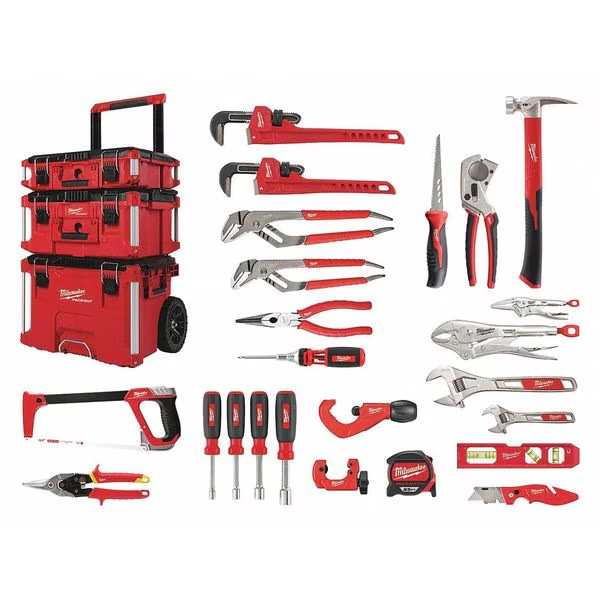
Conclusion
Choosing the right plumbing tools is essential for any home improvement project. By understanding the various tools available and their specific functions, you can become more efficient and effective in completing plumbing tasks. Ranging from traditional tools like pipe wrenches to essential accessories like plumber’s snakes, having the right equipment makes all the difference in achieving successful outcomes.
Regular maintenance and proper storage of your tools will extend their lifespan and ensure that they are always ready for use. Being aware of common mistakes, such as neglecting safety gear or focusing solely on price, will enhance your plumbing endeavors. Moreover, knowing when to seek professional help leads to more successful projects and allows you to focus on what you enjoy most.
Ultimately, mastering plumbing projects with the right tools can be a rewarding experience. It instills a sense of satisfaction and builds confidence in your ability to tackle home improvement tasks. Embrace the journey of becoming a skilled DIY plumber, and enjoy the result of your hard work and dedication! Whether fixing leaks or upgrading your plumbing system, the right tools and knowledge will empower you to accomplish your goals.
